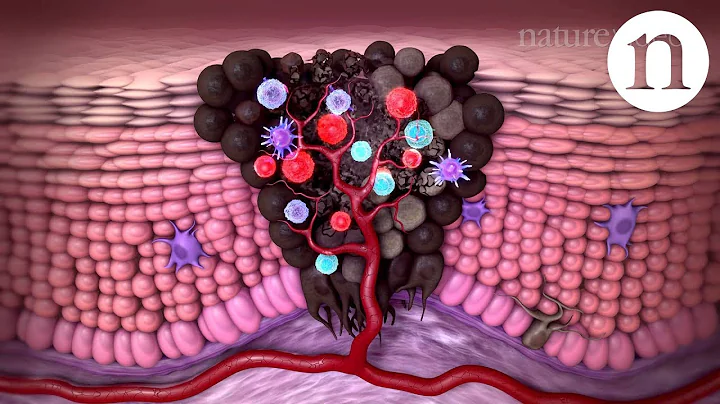Immunotherapy has brought new hope to the treatment of many tumors, but usually only some patients respond. Preliminary studies believe that the reason why some patients are ineffective in immunotherapy is the microenvironment inside the tumor that suppresses immune response, and the intestinal flora affects the effect of immunotherapy, but the mechanism is unclear (1).
National Institutes of Health (NIH) Romina Goldszmid and other researchers have found that bacteria within tumors have an important impact on the tumor microenvironment and patient response to immunotherapy drugs. In response to drugs, the patient's microbiota can adjust the proportion of mononuclear phagocytes and within the tumor, produce or recruit more monocytes, , and DC cells to create an immune-active microenvironment that limits tumor growth and is sensitive to anti-tumor drugs. Further research found that this process relies on the STING signaling pathway and Type I IFN(2).

Drug response to patient flora improves tumor microenvironment and limits tumor growth (2)
In addition, researchers found that high-fiber food (the food containing 30% pectin used in the article) can actively improve the intestinal bacteria of mice group and the tumor microenvironment to promote its immune response (2).

High-fiber food improves the tumor microenvironment and limits tumor growth (mouse experiment) (2)
The researchers said that this work illustrates the key role of bacterial flora in the tumor microenvironment and drug response, and is an important intervention that can improve tumor treatment. The target of the effect (2).
This work was published in Cell(2) on October 7, 2021.
Comments:
Intestinal flora is indeed an intervention target that is easy to transform and apply, but after all, it is very complex and requires strict control of variables and careful establishment of causal associations.

https://www.cell.com/cell/fulltext/S0092-8674(21)01066-7
Corresponding author profile:

https://www.cell-symposia.com/cancerandinflammation-2017/bio-goldszmid.asp
References :
1. G. D. Sepich-Poore et al., The microbiome and human cancer. Science (80-. ). 371 (2021),doi:10.1126/SCIENCE.ABC4552.
2. K. C. Lam et al., Microbiota triggers STING-type I IFN-dependent monocyte reprogramming of the tumor microenvironment. Cell. 0 (2021), doi:10.1016/J.CELL.2021.09.019.
Original link:
https://www.cell.com/cell/fulltext/S0092- 8674(21)01066-7





















